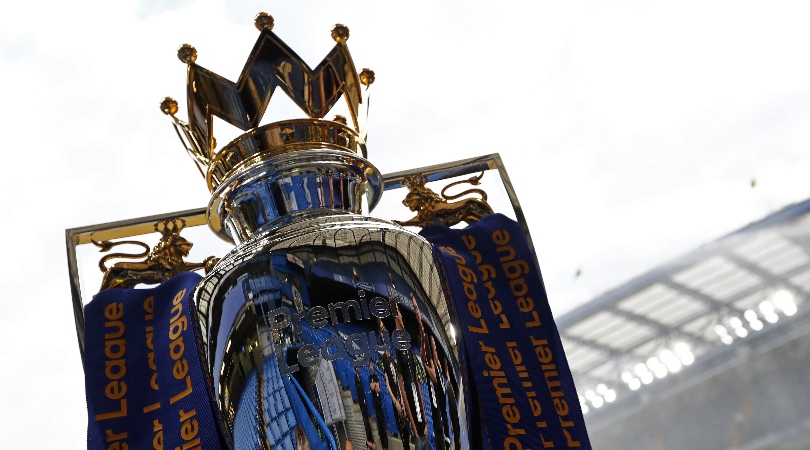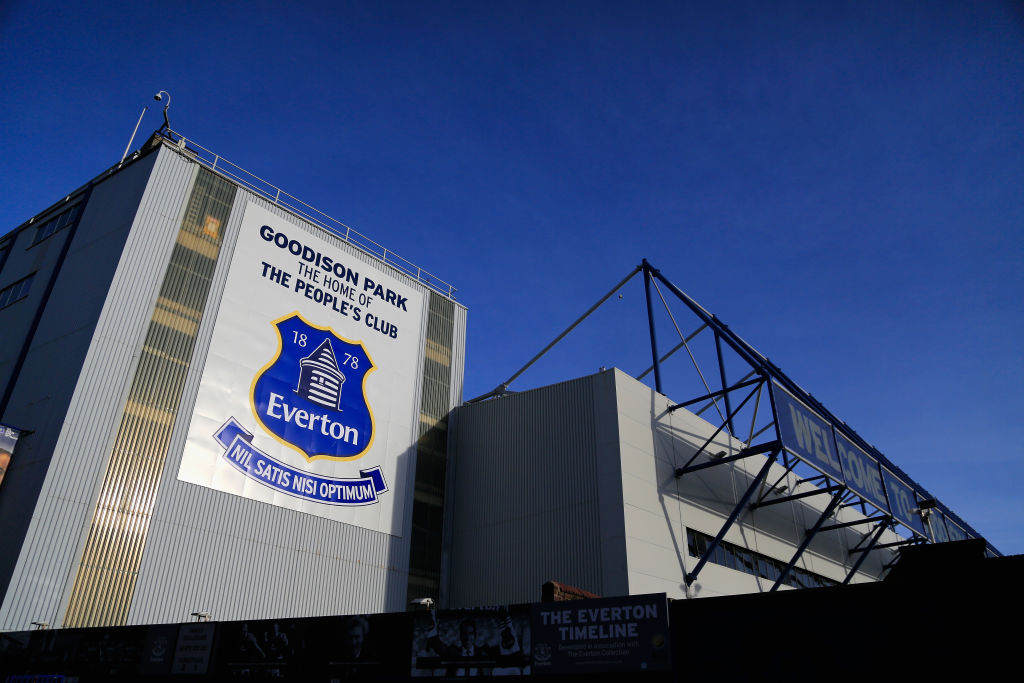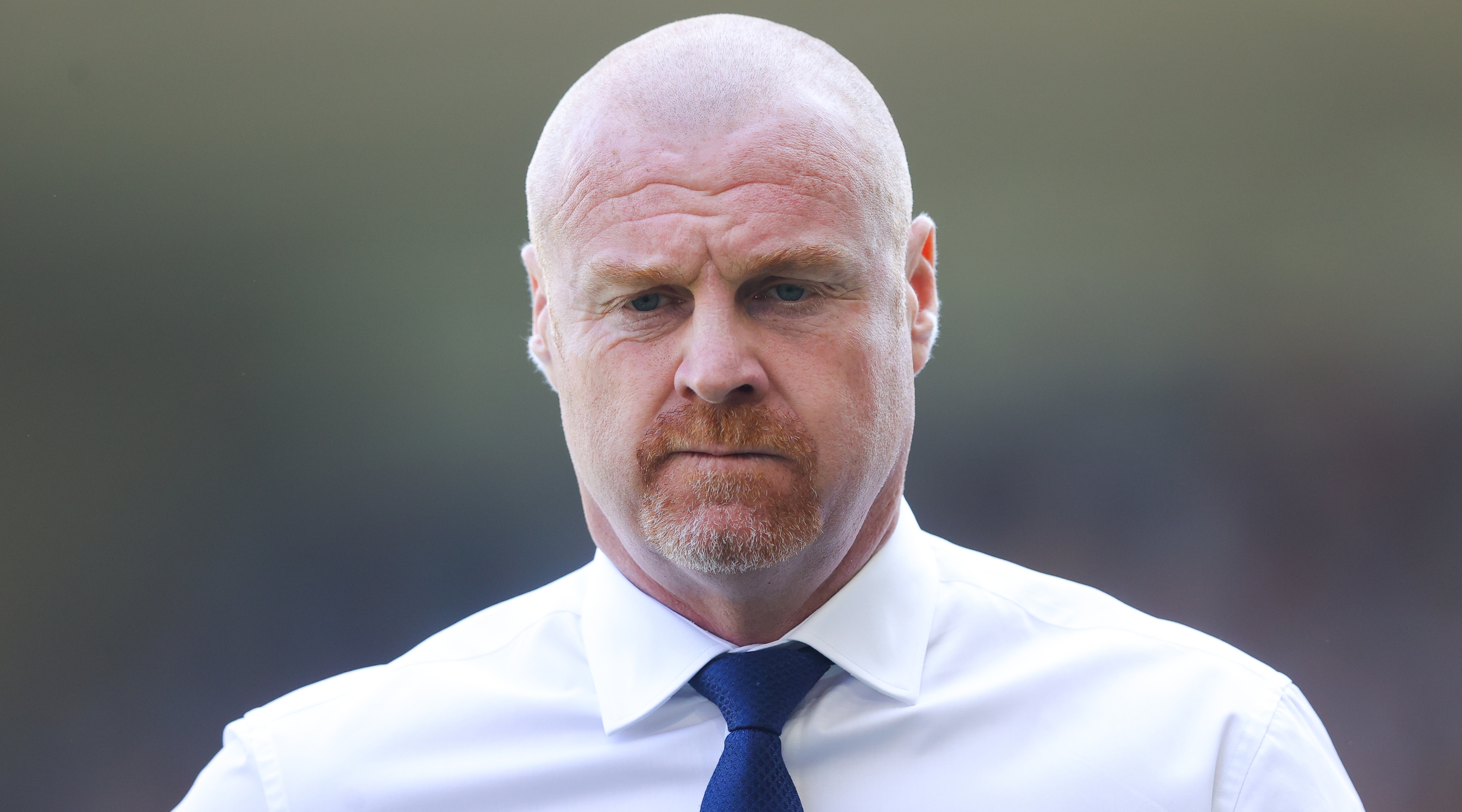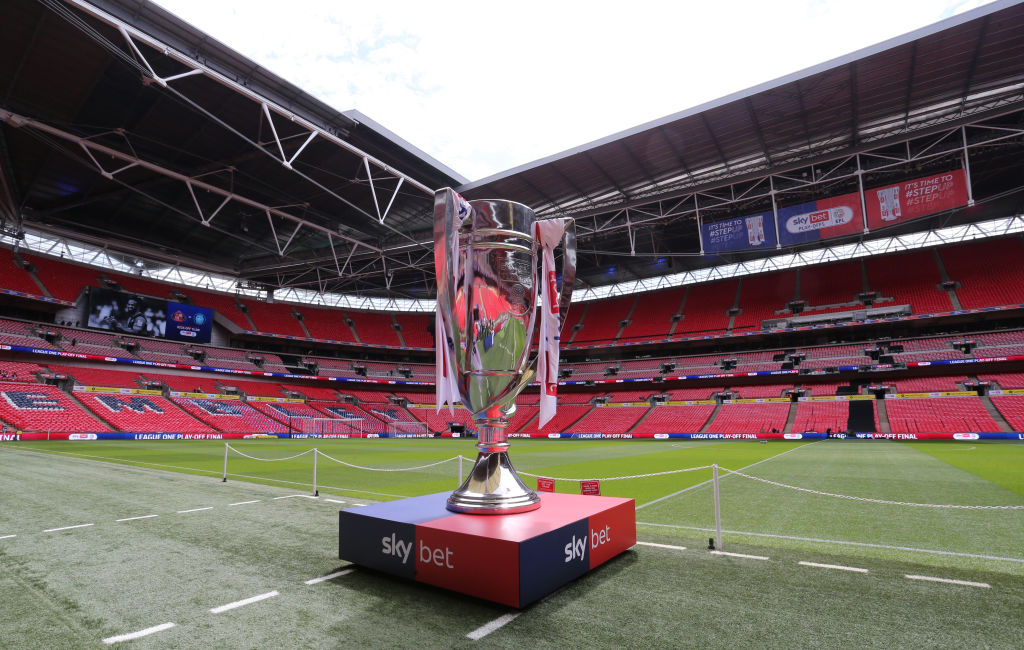
The Premier League have taken another step towards an overhaul of their financial regulations after all agreeing that a new system should be put to the vote this summer.
As The Athletic's lovely Matt Slater has reported, representatives of the 20 Premier League clubs discussed the implementation of new Financial Fair Play rules at a meeting in London on Thursday.
The conversation centred around how the top flight might set about replacing the current unpopular profit and sustainability rules (PSR), which have caused headaches for clubs and fans alike this season – and not just at the clubs that have been directly affected by charges.
What is the current Premier League PSR system and why is it changing?

Under the current system, Premier League clubs were permitted to make losses of up to £105m over any three year period (less, if the club in question had had a spell in the EFL during that three-year period).
Going over that threshold would automatically prompt investigation and potential sanctions from an independent body, which is exactly what has befallen Everton and Nottingham Forest this season.
However, the twenty clubs that make up the top flight have collectively carked their pants after seeing that the Premier League actually meant it when they said points deductions were on the table, and are particularly unhappy that it has left the relegation picture in such an uncertain state going into the final days of the season.
Technically, a further Everton hearing following the publication of their 2022/23 accounts may not even have a verdict delivered until after the season has ended, which is undesirable for all concerned towards the foot of the table.
What are the proposed new Premier League PSR rules?

The clubs have, in principle, unanimously agreed that they will vote in June to replace the current system with something more in line with how UEFA do things.
Instead of a fixed amount that can’t be exceeded, the European governing body currently hold clubs to spending no more than a certain percentage of their turnover.
The proposal for the Premier League is that clubs in European competition – the Champions League, Europa League or Conference League – will be able to spend up to 70% of their turnover – a limit that they will already have to meet by 2025/26 to avoid getting slapped on the wrists by UEFA anyway.
The rest of the Premier League would be given more wiggle room, with their cap set at 85%.
That difference is presumably designed to counteract the fact that UEFA competitions (especially the Champions League) dramatically increase a club’s revenues – so those who do qualify for Europe will still be able to spend more money overall in real terms.
Our hunch is that the measure has been suggested to help the new system pass the two-thirds majority vote of all 20 clubs that will be required to bring the new proposals into effect.
So the new Premier League PSR rules aren’t yet official, then?

No – a formal vote will be held at the Premier League AGM in June, and there is still a possibility that another system could be raised for discussion before then.
A US-style ‘luxury tax’ is one such suggestion: effectively, clubs would be free to spend over the agreed limits, but if they did they would have to pay an additional percentage of that extra spending to be distributed between the well-behaved clubs who stick to the rules.
The Athletic note that proposal remains desirable to a certain number of unidentified clubs. We imagine you have your own thoughts as to who they may be.
They add that the Premier League also need to decide the timescale for the new system to be phased in. UEFA introduced their own similar system gradually, first setting the spending cap at 90% this season, 80% next year, and 70% by 2025/26.
If the new Premier League PSR proposals get voted in, does that mean no more points deductions?

It does not. Probably.
The governing body reportedly remain keen that there should still be sporting sanctions for those who break the rules under any new system that gets voted in.
That means points deductions may remain in effect in future, though as with much of the proposals, exact details are yet to be confirmed.
However, it could be that the ‘luxury tax’ suggestion may be inserted on top of the proposed revenue percentage spending model as long as the infringement is relatively minor. Quite what amount that might run up to is, again, unclear, and probably wouldn’t fit into any sensible definition of what you or I might consider to be ‘minor’.
Separate reports have suggested that there is an appetite for penalties for future breaches to be clearer, allowing them to be enacted more quickly and with less possibility for endless appeals.
We’re sure that doing that would mean the next team to get slapped with a deduction would show the utmost dignity, owning up to a fair cop and say ‘fair enough, it’s what we all agreed to’, that they definitely wouldn’t kick and scream about how inhumane it is to be expected to bear the consequences of their own actions.
Hello, I am one of the 72 EFL teams. Is there any news for us about a new deal for the Championship, League One and League Two? p.s. Do you have any spare change?

NO NEWS FOR YOU.
As has been the case for, oooh, 32 years, the Premier League continue to hand-wave away the EFL’s concerns despite their push to agree a new distribution of top-flight wealth.
The Premier League have paid lip service to the idea of agreeing a new deal, but seemingly want to get their own shop in order before they worry about what dirty old money-grubbers like Grimsby Town and Burton Albion might need to, you know, survive as going concerns and that.
The matter has now been kicked down the road again until June with no substantial details provided about what the Premier League’s actual proposals might be. Almost like they’re only thinking about themselves or something, who can say.
More stories
Here's why the critics are wrong that Erling Haaland is a 'big game bottler' while Chelsea are looking to make a move for a cut-price 'next Haaland'. As long as it's within the rules, like.







